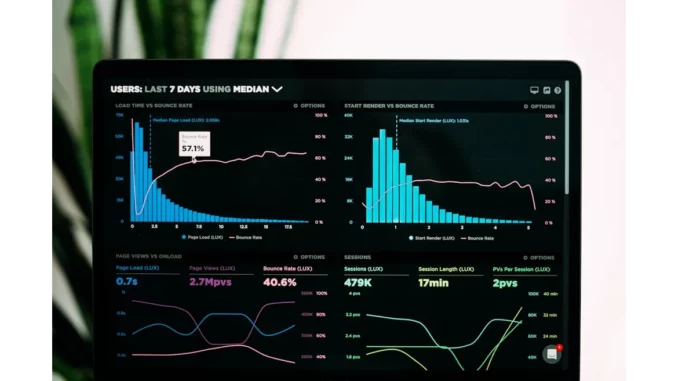
The healthcare sector stands at a critical crossroads, contending with the dual imperatives of managing vast quantities of data and the necessity for real-time insights. As healthcare continues to evolve, the demand for sophisticated data solutions has become paramount. According to a 2023 IDC report, the global healthcare data analytics market is anticipated to soar to an astonishing $45 billion by 2027. This anticipated expansion highlights the urgent need for innovative data management strategies, especially as conventional systems falter, resulting in delays in drug development and clinical trials.
Healthcare data growth can be overwhelming scale effortlessly with TrueNAS by Esdebe.
Central to this transformation is Kirill Sergeev, a seasoned backend developer and machine learning engineer. Sergeev is at the forefront of developing advanced systems that streamline the processing of medical data. His work transcends mere data management efficiency; it focuses on creating flexible systems capable of managing complex, dynamic data flows. In the healthcare sector, where rapid and secure data processing is crucial, Sergeev’s innovations are indispensable for accelerating drug development and enhancing patient outcomes.
One of the foremost challenges in contemporary healthcare is the swift and accurate processing of large datasets. For pharmaceutical companies, timely data analysis is crucial, often marking the difference between a successful trial and costly setbacks. Sergeev’s pioneering solutions in data processing are instrumental in hastening drug development and improving patient outcomes. By leveraging high-performance technologies, he has optimised data pipelines, enabling companies to manage up to 100 terabytes of data daily with remarkable efficacy. His approach is not solely about speed but also about crafting systems that can adapt to the ever-evolving landscape of medical data. As Sergeev articulates, “The key to managing large datasets efficiently lies in creating systems that are not just fast but also flexible enough to handle complex, dynamic data flows.”
A significant obstacle in clinical data management is the protracted process of deploying new machine learning models. Traditionally, deploying algorithms for clinical trials could span two to three days, hindering the ability to respond swiftly to new data. Sergeev has tackled this challenge by redesigning data pipelines and integrating robust Continuous Integration/Continuous Deployment (CI/CD) processes, reducing deployment time to just 1-2 hours. This streamlined approach allows pharmaceutical companies to test and integrate new findings more rapidly, consequently accelerating the drug development timeline.
Sergeev’s work in optimising data systems has dramatically reduced response times for processing large volumes of medical data, from 1.5 minutes to a mere 500 milliseconds. This level of performance is vital for enabling healthcare providers to make prompt decisions based on the most current information. By adopting a blend of batch-based and lambda-based approaches, Sergeev has developed a hybrid architecture that ensures secure, scalable, and efficient data processing. This method facilitates rapid data retrieval and real-time analysis, essential for managing clinical trials and patient records.
The benefits of Sergeev’s advancements extend beyond healthcare, with other industries such as fintech and e-commerce witnessing transformative impacts. By applying similar techniques, companies in these sectors have seen significant improvements in efficiency. For example, in a fintech project, Sergeev’s microservice architecture reduced transaction processing times by 35% while enhancing system security. In the e-commerce arena, his methods resulted in a 40% increase in operational efficiency by optimising real-time inventory management systems. Sergeev observes, “The approach is universal. Whether it’s healthcare, finance, or retail, the key is to build systems that are scalable and resilient to handle the increasing demands of modern data workloads.”
As the healthcare sector increasingly embraces data-driven practices, innovations like those developed by Sergeev will be pivotal in improving patient care and expediting drug development. Sergeev opines, “I think the future of data processing in healthcare lies in real-time insights that can inform quicker decisions. We’re only scratching the surface, but the potential to revolutionise patient care and drug development is immense.”
By addressing the critical demands of modern healthcare data management, Kirill Sergeev is paving the way for a more efficient, data-driven approach that not only benefits the medical industry but also sets new benchmarks for data processing in other high-load sectors. The future of healthcare lies in harnessing real-time data to enable faster and more precise decision-making, and Sergeev’s contributions are at the vanguard of this transformation.


Be the first to comment